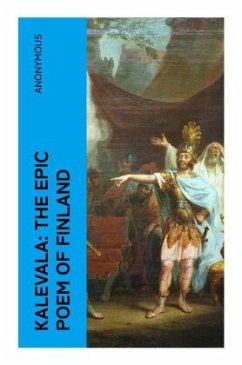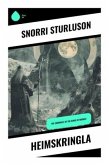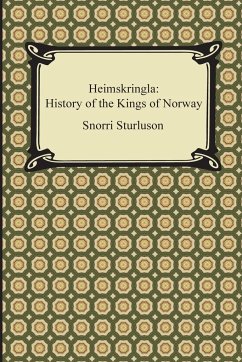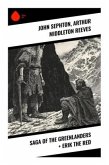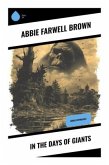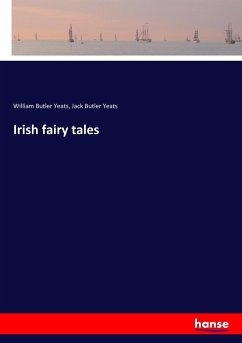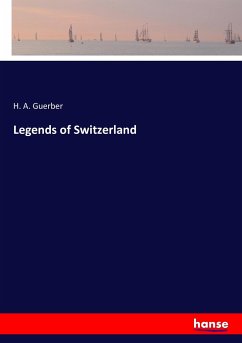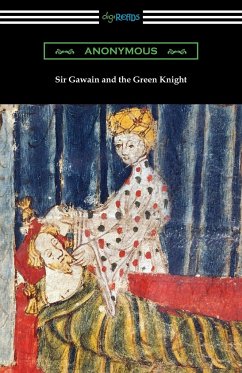The "Kalevala: The Epic Poem of Finland" is a monumental collection of ancient Finnish folklore, meticulously compiled and edited by Elias Lönnrot in the 19th century. This epic poem, consisting of over twenty thousand verses, delves into themes of creation, heroism, and the intersection of nature and humanity, all woven together in a rich tapestry of lyrical and rhythmic verse. Utilized by scholars to trace the cultural identity and oral traditions of the Finnish people, the Kalevala reflects both the oral storytelling traditions of pre-Christian Finland and the evolving literary context of the Romantic Nationalism of Lönnrot's time, which sought to preserve and celebrate indigenous narratives in the face of a rapidly modernizing Europe. The identity of the author remains anonymous, yet the compilation is largely attributed to Elias Lönnrot, a philologist and physician whose passion for collecting folklore and epic tales from rural Finland inspired this comprehensive work. Lönnrot traveled extensively across the Finnish countryside, gathering oral tales, songs, and legends, merging them into a single coherent epic that would preserve the essence of Finnish culture and mythology for generations to come. Highly recommended for both literary scholars and casual readers alike, the "Kalevala" is not merely an epic poem; it is an exploration of Finnish identity and resilience. Readers will find themselves captivated by its enchanting stories and profound insights into life, nature, and the human spirit, making it a crucial addition to any literary collection.
Bitte wählen Sie Ihr Anliegen aus.
Rechnungen
Retourenschein anfordern
Bestellstatus
Storno

